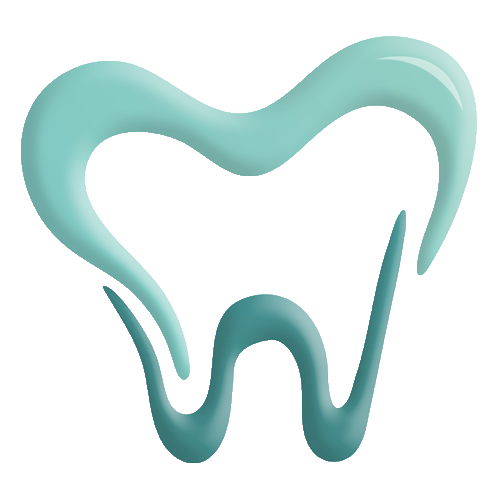The World Health Organization defines the population between 65 and 75 as “elderly”. The term “old” is used for people between 76 and 90 and “very old” for those people over the age of 90. In general, older adults severely underutilize dental services. Less than 1/3 of the elderly population sees a dentist regularly, and almost 50% haven’t visited a dentist in over 5 years. Practicing in the Palm Beach area, many of my patients maintain their active and healthy lifestyles, so consequently, they are living longer today. So what does that mean when it comes to the oral health of this segment of the population? And why should you care about this topic if you’re younger than 65? Let me tell you why!
GUM DISEASE CAUSES TOOTH LOSS, NOT OLD AGE!
Years ago, and still today, many people believe the myth that tooth loss is caused by old age. In fact, the most common reason for tooth loss is active, untreated periodontal disease. This happens across all ages. Infection in the gums is the major reason why people experience tooth loss. Gum disease is easily treatable and preventable with regular visits to the dentist and proper oral hygiene care at home. That is why it is vital that people over the age of 65 continue to keep regular dental maintenance visits every 3 months.
YOU WILL NEED NEW CROWNS, FILLINGS AND DENTURES!
With increased age there is an increased risk of staining, chipping and cracking and this age group is more at risk for fractures. This means that there is an increased need for continued maintenance and replacement. This means that if we keep on eating all foods with different textures – i.e. hard, crunchy veggies or nuts – then naturally we will see more wear and tear on our dentition – whether it is our natural dentition or a denture. This means that replacement of old, existing restorations, dentures and crowns are to be expected. Just like you take your car in for regular maintenance, it’ll be up to you to visit the dentist regularly to make sure everything is in proper working order and make any replacements necessary before the teeth become hopeless and require removal. If you do this from a young age, then you’ll be sure to have the least amount of dental treatment necessary to keep your mouth healthy for a lifetime.
CAVITIES ARE MORE PREVALENT IN OLDER PATIENTS:
Recurrent decay – (under existing crowns and fillings) – and root surface decay – (where the root is exposed due to gum recession from gum disease and/or malaligned bite) account for the most common type of cavities in the older population.
Older adults typically don’t feel pain when it comes to cavities because the pulp (nerve) shrinks as we age. When you’re young, a small cavity is much closer to your nerve, so you feel the discomfort sooner and are more apt to visit the dentist for treatment. However, the older population usually will complain about food getting caught in the cavity, and sometimes by the time they decide to seek dental care, the cavity is deep below the gum line, that the tooth is now hopeless and requires extraction. This is why it’s so important that older patients seek routine maintenance dental care to avoid preventable tooth loss.
SYSTEMIC DISEASES AND MULTIPLE MEDICATIONS DIRECTLY AFFECT ORAL HEALTH STATUS:
Older patients are generally on multiple medications due to various systemic diseases. Many medications cause dry mouth as a side effect. Also, head and neck radiation treatment for patients with cancer in that region of the body, almost always have loss of function of their salivary glands, leading to dry mouth. Patients with xerostomia, or dry mouth, are at an increased risk for decay and must be specially monitored to prevent tooth loss. Possible dental treatments to help prevent decay include fluoride treatments, both daily and in-office, as well as artificial saliva products and medications.
AGING LEADS TO POOR ORAL HYGIENE DUE TO PHYSICAL AND COGNITIVE DECLINE
As people age, physical and cognitive problems arise. Arthritis typically sets in and causes a significant decrease in manual dexterity. However, there are people of all ages with physical disabilities that may affect their oral hygiene. There are many options to practice good oral hygiene for someone with physical issues, including electric toothbrushes, tennis balls (YES! I said tennis balls! Don’t worry, I’ll probably write a blog on this topic alone.) and other unique tools. If cognitive issues, such as Alzheimer’s or dementia exists, then the task of oral hygiene falls to the caregiver. If there is no caregiver, there’s even a higher chance of it leading to poor oral hygiene practice at home, therefore increasing the onset of decay and gum disease in the aging population. For this segment of the population, it is especially important to see the dentist even more often, perhaps even as often as every 1-2 months.
These are a few of the issues that afflict our brilliantly aging population. So if you know someone who has a lot of life experience, but hasn’t been to the dentist lately, then give them a call and tell them to visit the dentist TODAY!
Toot-a-loo,
Dr. Meli

